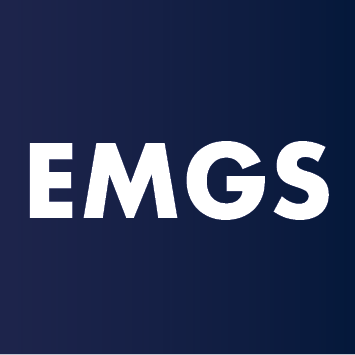The EMGS Consortium brings together the specific strengths of the participating European universities. At the same time, the universities share a joint understanding of the interdisciplinary logic of Global Studies, since multiperspectivity is necessary to see global processes from more than one angle. Area expertise at the various study places is complemented by comparative and transregional perspectives. These perspectives help to enrich the programme’s teaching on the effects of global processes within specific regions by exploring cross-continental entanglements. Leaving behind the thinking based on a container understanding of societies and world regions and taking up a border-transcending perspective reflects the growing transregional connectivity of the world. Foundation courses at all places of study provide students with an introduction into this common understanding of global processes and transregional entanglements. These courses discuss the historicity of globalization and look at current trends and conflicts emerging from global and transregional constellations. At all study places, the first academic term provides an introduction into the interdisciplinary combination of methods when studying global processes. During the following terms, students specialise in particular areas of globalization research.
Areas of Research
World history and political economy of global capitalism, global governance and global justice, combined with specific foci on Europe as a global actor, conflict and development in a globalizing world, and area studies of Africa, the Middle East, Asia, and Latin America.
Comparative analysis of global entanglements both historically and for the present times, focusing on Europe, Africa, the Middle East, East Asia, and the Americas as well as on the transregional ties between these parts of the world.
Global political economy and global governance, political culture and civil society.
Global history from 1500; Theory and Methods of Global History; International organizations; Regional focus on East Asia, sub-Saharan Africa, Central Europe, and Latin America
Recent transformation processes in Central and Eastern Europe, security issues, regional cooperation, communications, and media.
The modules of the programme provide multi- and interdisciplinary approaches from historiography, cultural and area studies, and other social sciences and political sciences to address historical and contemporary patterns of globalization and different societal responses towards these processes.
